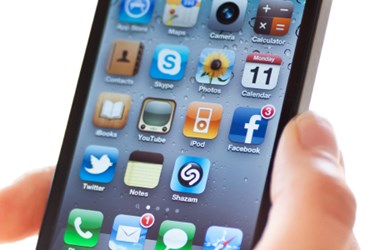App Developers Making Misleading Medical Claims

By Katie Wike, contributing writer

Fourteen percent of certain hypertension apps make misleading medical claims, according to a recent study.
According to a study published by the Journal of the American Society of Hypertension (JASH), a portion of the blood pressure related apps available at the Google Play Store make misleading claims about their ability to track hypertension.
mHealth News reports a team of researchers led by Nilay Kumar, MD, of the Cambridge Health Alliance analyzed more than 100 available apps that have been downloaded by more than 2.4 million users.
“None of these apps employed the use of a BP cuff or had any documentation of validation against a gold standard,” the study pointed out. “Only 3 percent of the apps were developed by healthcare agencies such as universities or professional organizations.”
One developer even claimed its app had the ability to accurately measure blood pressure through a smartphone camera. Researchers do point out that “72 percent of the apps had tracking function, 22 percent had tools to enhance medication adherence, 37 percent contained general information on HTN, and 8 percent contained information on DASH diet.”
The study also explains the prevalence of misleading apps available on the market stems from the recent boom in mHealth apps marketed to consumers.
“A large majority of medical apps designed for (hypertension) serve health management functions such as tracking blood pressure, weight or BMI. Consumers have a strong tendency to download and favorably rate apps that are advertised to measure blood pressure and heart rate, despite a lack of validation for these apps,” the study concluded. “There is a need for greater oversight in medical app development for (hypertension), especially when they qualify as a medical device.”
